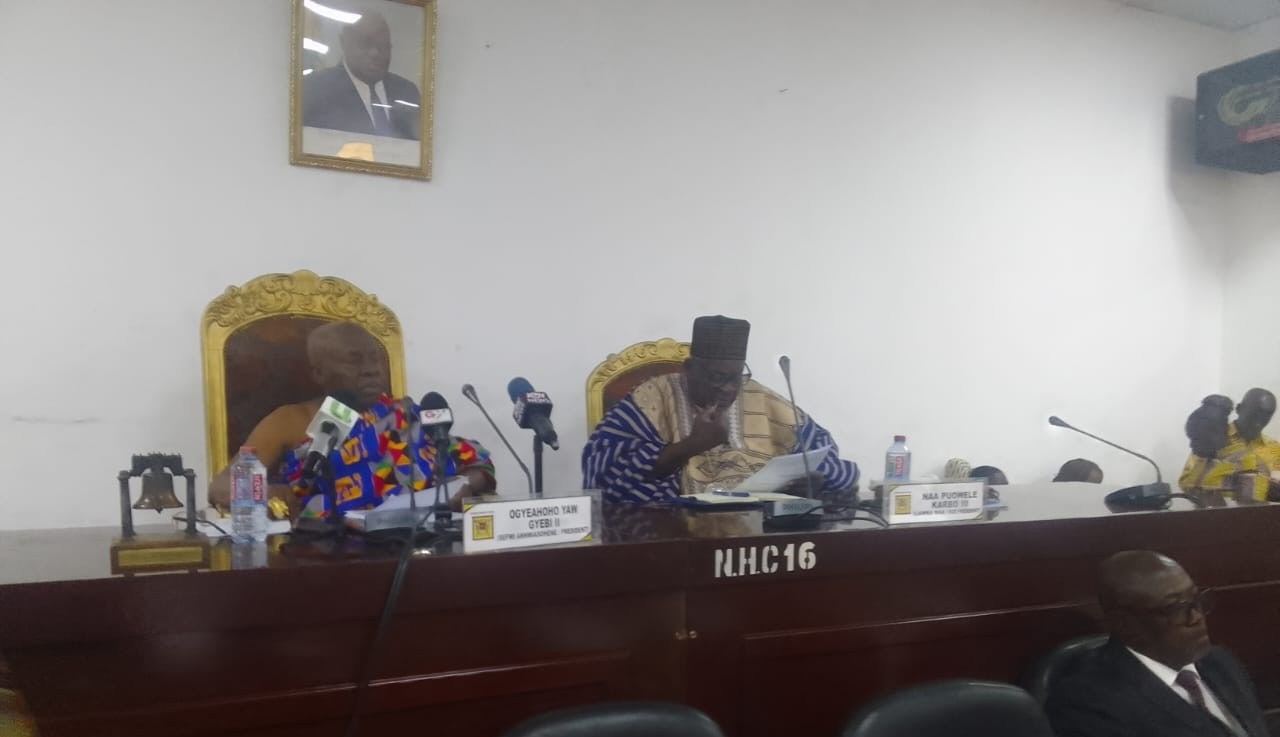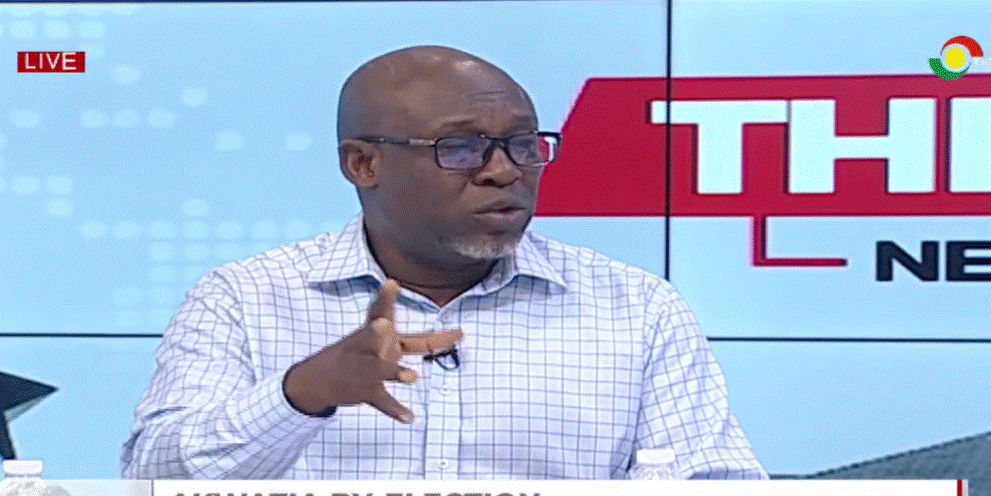
Last week, Ghana joined the global community in observing World Suicide Prevention Day, an occasion that brought to light a deeply troubling reality — suicide deaths in Ghana rose by 40 percent in 2024.
This alarming statistic, reported by the Daily Graphic and attributed to Dr. Eugene Dordoye, Chief Executive Officer of the Mental Health Authority (MHA), highlights a growing mental health crisis in the country.
Speaking at the commemoration held in Accra, under the theme: Changing the Narrative on Suicide after Decriminalisation, Dr. Dordoye revealed that the sharp increase is largely linked to cases among young people.
According to him, Ghana recorded 134 suicide-related deaths in 2023 alone. However, for every life lost to suicide, there are typically three to five more attempts, with each attempt having the potential to affect up to ten other individuals.
This crisis, he cautioned, is not only a public health emergency but also an economic threat, as many of the lives lost were young, productive individuals, who had the potential to contribute significantly to Ghana’s development.
Dr. Dordoye acknowledged that while part of the increase might be due to improved reporting, there is undeniable evidence of a real surge in suicide cases. He stressed that suicide is a preventable cause of death and called for urgent, coordinated action to stem the tide.
The key question, he posed, is not merely why the numbers are rising, but what the nation is doing about it.
In March 2023, Ghana took a bold step by amending the Criminal and Other Offences Act of 1960, to decriminalise attempted suicide. The amendment, which became law in April 2023, following presidential assent, marked a significant shift in national policy — treating suicidal behaviour as a mental health issue rather than a criminal act. This legislative milestone was widely welcomed as a humane and progressive measure, aimed at supporting individuals in crisis rather than punishing them.
However, the current spike in suicide cases raises important questions. Were similar incidents going unreported in the past due to criminalisation and social stigma? Or has the situation worsened as a result of broader societal and economic pressures?
Research continues to show that mental health conditions such as depression, psychosis, and substance abuse are strongly associated with suicide risk. Other common triggers include financial difficulties, relationship problems, low self-esteem, hopelessness, academic stress, and family dysfunction. It is also clear that experiencing these risk factors does not necessarily mean a person will take their own life — which makes early intervention, education, and support systems all the more critical.
Yet, despite the growing urgency, Ghana’s mental health system remains significantly underfunded. Although mental health care is officially meant to be free, many patients still bear out-of-pocket costs.
According to the Ministry of Health, while the national health budget grew by 46.6 percent between 2019 and 2020, it fell by 3.6 percent between 2020 and 2021 — a concerning trend for a sector already lacking basic resources. Although there are ongoing plans to include mental health services in the National Health Insurance Scheme (NHIS), implementation has been slow and uncertain.
The Chronicle believes it is time to move beyond policy declarations and act decisively. Prevention must become a national priority. This means not only improving access to mental health services but also investing in education and community-based support systems.
There is an urgent need to reduce the stigma associated with mental illness and suicide through nationwide awareness campaigns in schools, religious institutions, and workplaces. Establishing visible, accessible counseling centres in communities is vital. Religious leaders and opinion shapers should be encouraged to promote pre-marital and crisis counselling.
Suicide is not a moral failure but often the result of untreated distress or mental illness. It is time we confront it as a society, with compassion, commitment and urgency. Ghana cannot afford to lose any more of its future to preventable deaths.
The post Editorial: Rising Suicide Rates Among Ghanaian Youth Demand Urgent National Action appeared first on The Ghanaian Chronicle.
Read Full Story











Facebook
Twitter
Pinterest
Instagram
Google+
YouTube
LinkedIn
RSS